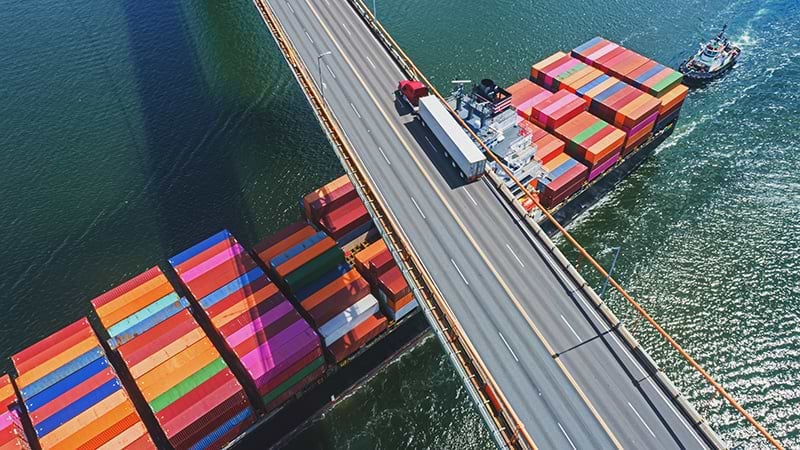Our approach to assess tariff impact and opportunities
US trade and tariffs – how to manage your impact

Responding to newly implemented US trade tariffs and preparing for potential changes
The US administration has introduced a broad set of new import tariffs affecting various range of goods and countries. Specific industries which are directly affected by targeted tariffs are steel and aluminium as well as the automotive industry. However, on-going investigations potentially may result with new tariff measures on certain products or industries (e.g. pharmaceuticals). Furthermore, most of the countries are already subject to 10% tariffs. Depending on the (non-preferential) origin of the goods, many goods are also affected by the country specific tariffs, which are in the double-digit percent range. All these changes have had a massive impact on companies with international supply chains, resulting in higher costs, greater compliance obligations, and increased disruptions, as well as challenging trading and competitive conditions. It also remains to be seen how trading partners will continue to react.
Businesses need to respond quickly, starting with understanding the impact that the US measures are having on their operations. These insights will help companies develop risk mitigation measures and better plan their future strategies and business models, taking into account the changed environment.
How we can support you
Trade Activator – your customs and trade analytics solution
Trade Activator optimises customs, reduces duty costs, recovers overpayments and enhances compliance using advanced analytics and machine learning.
Contact our experts
Supply Chain & Operations
Wolfram Koester
Transfer Pricing & Value Chain Transformation
Alexis De Meyere
Simulation of Tariff Changes
Markus Lips
Trade Activator – your customs and trade analytics solution
Trade Activator optimises customs, reduces duty costs, recovers overpayments and enhances compliance using advanced analytics and machine learning.
Customs and international trade consulting
Navigate customs and global trade with PwC’s expert guidance and tailored solutions.







